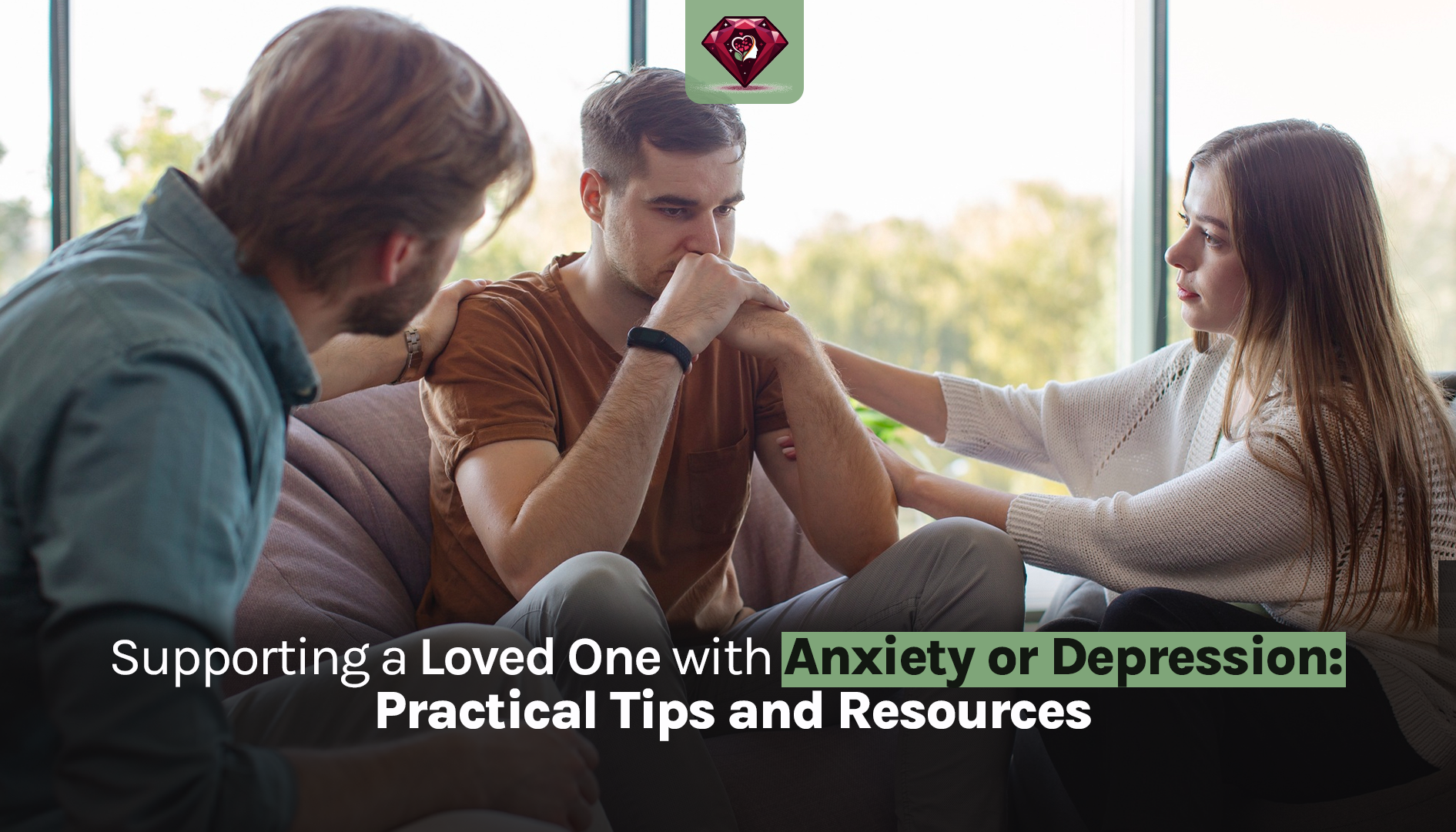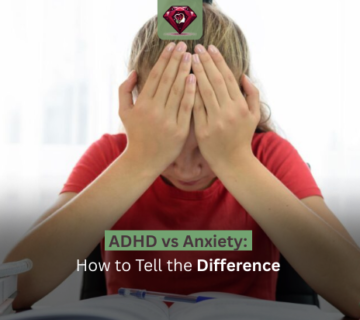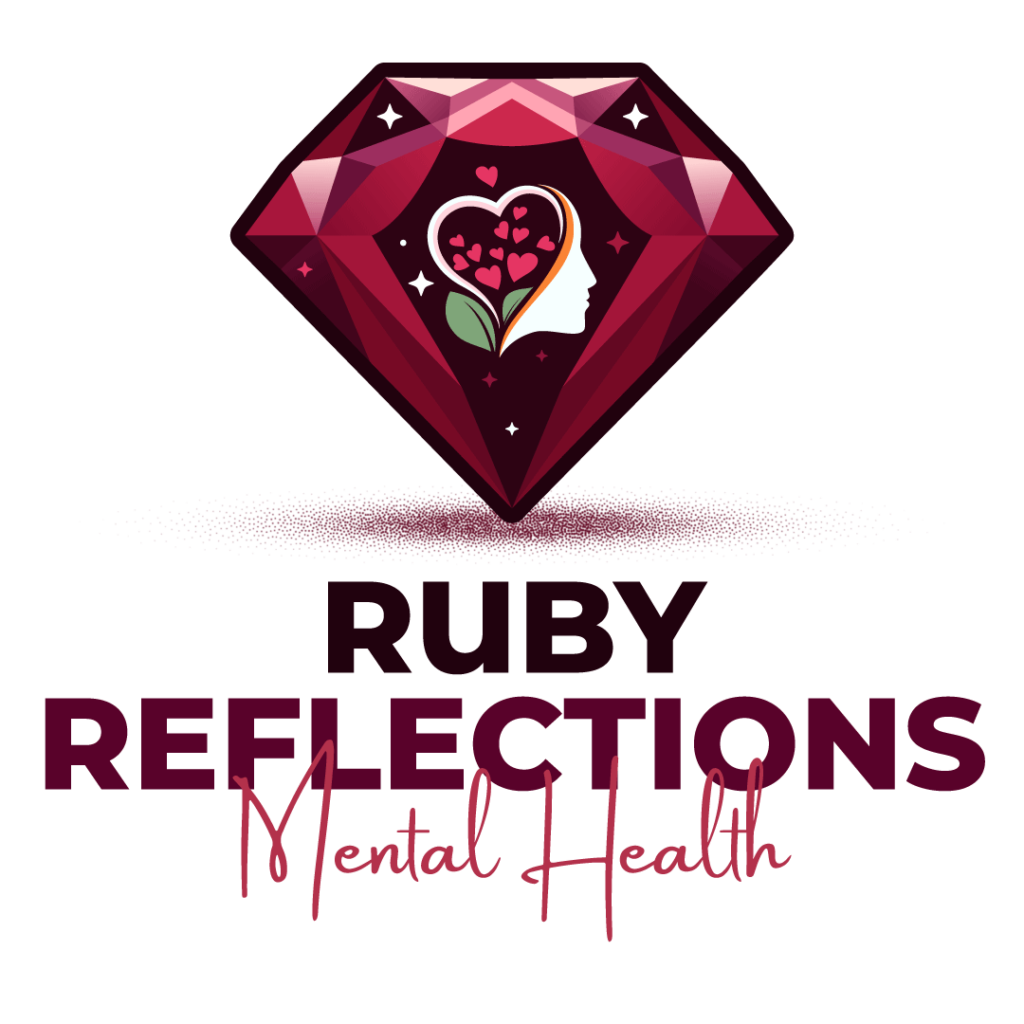Supporting a loved one dealing with anxiety or depression can be challenging, but your support can make a significant difference in their journey toward recovery. It’s important to approach the situation with empathy, patience, and understanding. This blog provides practical tips and resources to help you support family members or friends struggling with anxiety or depression.
Practical Tips for Supporting a Loved One with Anxiety or Depression
1.Educate Yourself:
– Learn about anxiety and depression, including their symptoms, causes, and treatments. Understanding these conditions can help you provide informed support and recognize signs that your loved one needs professional help.
2. Listen Without Judgment:
– Offer a listening ear and create a safe space for your loved one to express their feelings. Avoid interrupting, judging, or offering unsolicited advice. Sometimes, just being there to listen can be incredibly comforting.
3. Encourage Professional Help:
– Gently encourage your loved one to seek help from a mental health professional. Offer to help them find a therapist, accompany them to appointments, or assist with scheduling. Emphasize that seeking help is a sign of strength, not weakness.
4. Be Patient and Understanding:
– Recovery from anxiety or depression is a gradual process that takes time. Be patient with your loved one and understand that there will be good days and bad days. Avoid expressing frustration or impatience, as this can exacerbate their feelings of guilt or inadequacy.
5. Offer Practical Support:
– Help with daily tasks that may feel overwhelming for your loved one, such as cooking, cleaning, or running errands. Small acts of kindness can alleviate some of their stress and show that you care.
6. Encourage Healthy Habits:
– Promote activities that can improve mental health, such as regular exercise, healthy eating, and sufficient sleep. Invite your loved one to join you in these activities, making it a shared effort.
7. Respect Their Boundaries:
– Respect your loved one’s need for space and alone time. Avoid pushing them to talk or engage in activities if they’re not ready. Let them know you’re there for them whenever they’re ready to reach out.
8. Watch for Warning Signs:
– Be alert to signs that your loved one’s condition may be worsening, such as increased withdrawal, changes in sleep or appetite, or talk of self-harm. If you’re concerned about their safety, don’t hesitate to seek immediate help from a mental health professional or crisis hotline.
Resources for Supporting a Loved One
1. Mental Health Organizations:
– National Alliance on Mental Illness (NAMI): Offers resources, support groups, and information on mental health conditions. Visit NAMI for more information.
-Mental Health America (MHA):Provides resources on mental health, including screening tools and educational materials. Visit MHA for more information.
2. Crisis Hotlines:
National Suicide Prevention Lifeline: Available 24/7 for those in crisis. Call 1-800-273-TALK (8255) or visit suicidepreventionlifeline.org.
Crisis Text Line: Text HOME to 741741 to connect with a crisis counselor.
3. Online Support Communities:
7 Cups:Offers free, anonymous online text chat with trained listeners and online support groups. Visit 7 Cups for more information.
Reddit:Subreddits like r/anxiety and r/depression provide communities for people to share experiences and support each other.
4. Therapy and Counseling Services:
BetterHelp: An online platform that connects individuals with licensed therapists for online counseling. Visit BetterHelp for more information.
Talkspace:Offers online therapy with licensed therapists through text, video, and audio messaging. Visit Talkspace for more information.
5. Books and Articles:
The Anxiety and Phobia Workbook” by Edmund J. Bourne: A comprehensive guide for managing anxiety.
Feeling Good: The New Mood Therapy” by David D. Burns: Offers cognitive-behavioral techniques for overcoming depression.
Conclusion
Supporting a loved one with anxiety or depression requires empathy, patience, and understanding. By educating yourself, listening without judgment, encouraging professional help, and offering practical support, you can make a positive impact on their journey toward recovery. Utilize available resources to further assist your loved one and yourself. Remember, your support can provide comfort and hope, helping them navigate their mental health challenges more effectively.






